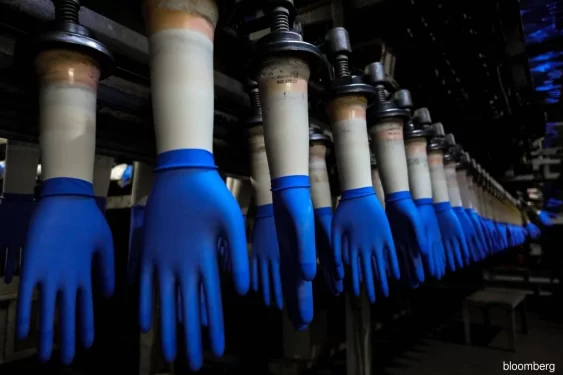KUALA LUMPUR: The use of barn owls to control the rat menace in oil palm plantations has been proven through Malaysian Palm Oil Board (MPOB) research to be the best biological control practice compared with other animals such as snakes and monkeys, the agency said today.
MPOB director-general Dr Ahmad Parveez Ghulam Kadir said the oil palm industry is well aware of the effectiveness of barn owls as a biological control of rats in its plantations.
“Many plantation firms such as Sime Darby Plantation, Felda, Kulim, United Plantations, IOI, Kuala Lumpur Kepong (KLK), and Borneo Samudra in Sabah have implemented biological control of rats using owl barns in the oil palm plantations,” he said in a statement.
This followed research led by Dr Mohd Din Amiruddin in the late 1980s at estates under Sime Darby, Guthrie and Kulim.
Ahmad Parveez was responding to a recent news report that Sime Darby prefers barn owls to counter rodent infestations.
He said a barn owl can consume up to two rats a day compared to a snake that can only consume one per week.
Ahmad Parveez pointed out that barn owls are nocturnal creatures that are active and come out at night to hunt.
Hence, it is not a threat to livestock, especially poultry and others that are diurnal (active during the day), he said, adding that there has never been any report of barn owls being predatory to poultry.
He explained that increasing the barn owl population can be done by setting up nest boxes in the oil palm plantations.
These nest boxes will be occupied by barn owls and used for breeding (laying eggs and raising offsprings) and increasing the population.
On the potential use of macaques as biological control of rats in oil palm plantations, Ahmad Parveez said it is “completely inappropriate and impractical.”
“This is because monkeys are communal (group) animals and are very active during the day. This means that farm management activities will be disrupted as there will be encounters between human and the monkeys’ activities.”
Besides, monkeys cause damage to young oil palm inflorescence, spear leaves and also pollination bags used in seed production.
“They are also potentially violent, and this could pose a threat to the workers (fruit harvesters, fertiliser activities and so on), thus affecting the smooth management of the oil palm plantations,” he added. – Jan 8, 2020 Bernama










